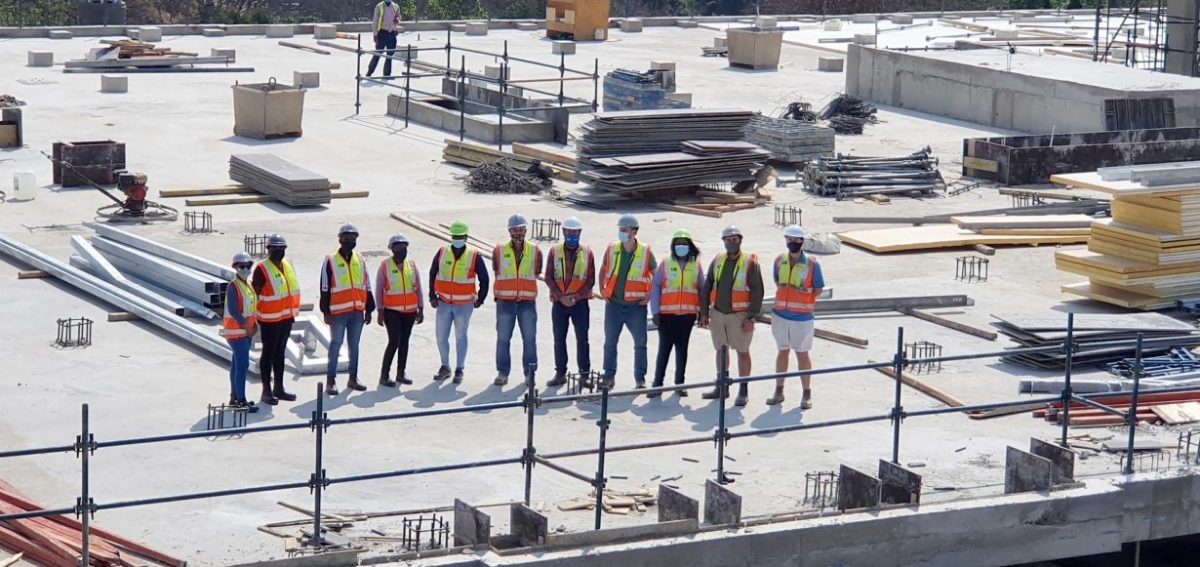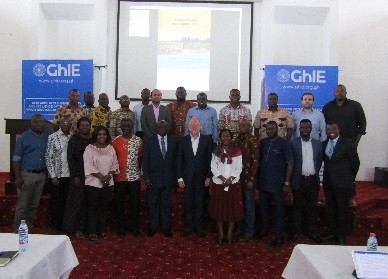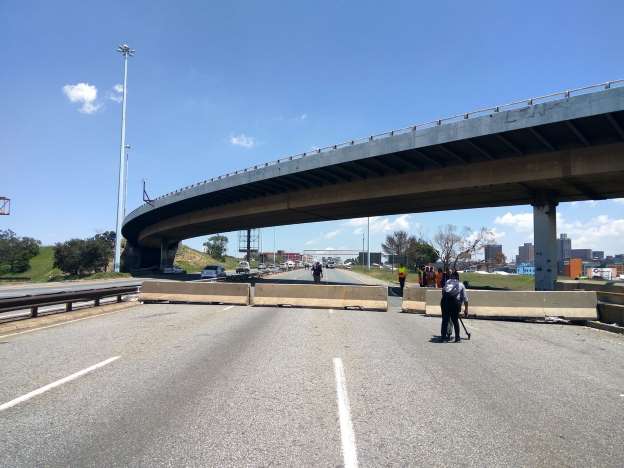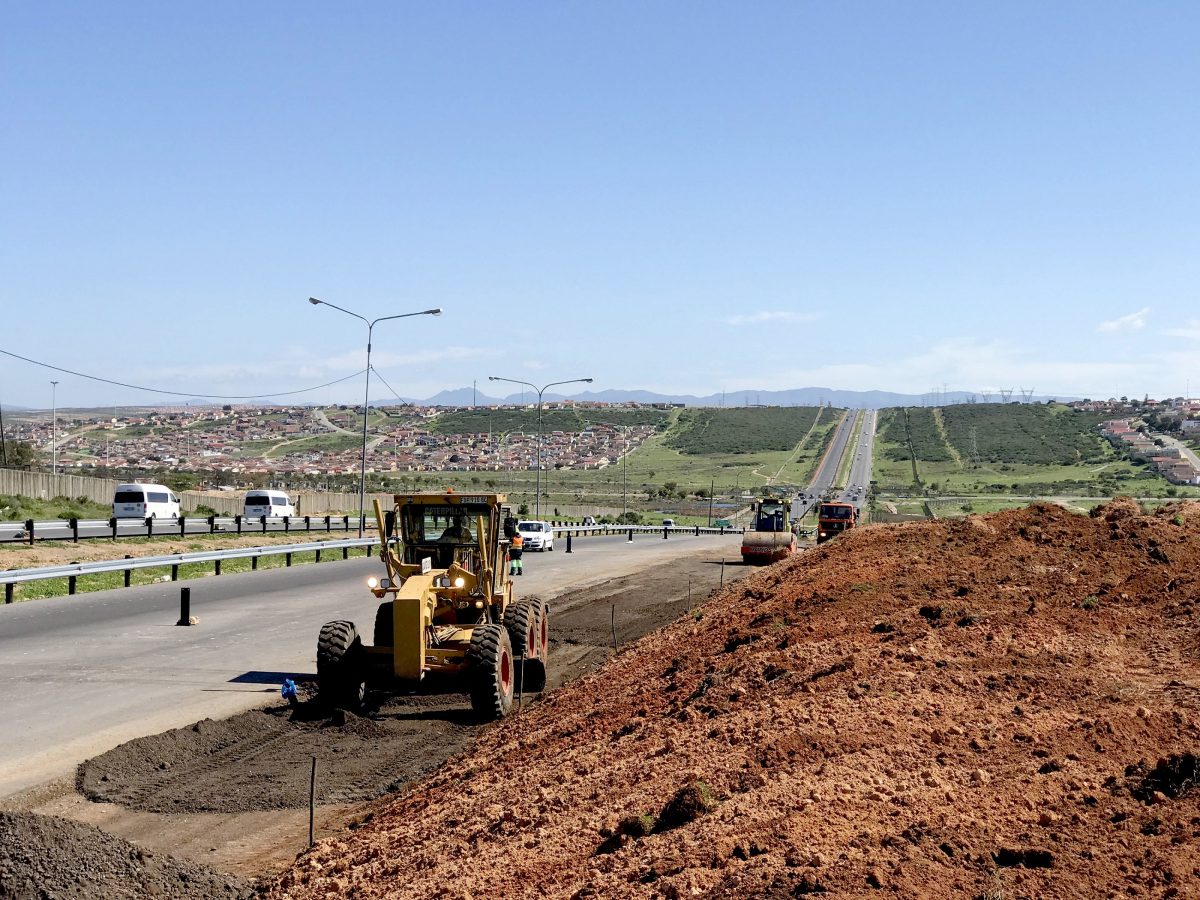
Safety of both pedestrians and motorists has been boosted by Concor Infrastructure’s rehabilitation of the R75 double carriageway between Port Elizabeth and Uitenhage, while the project has also had considerable positive spinoff for local small targeted enterprises.
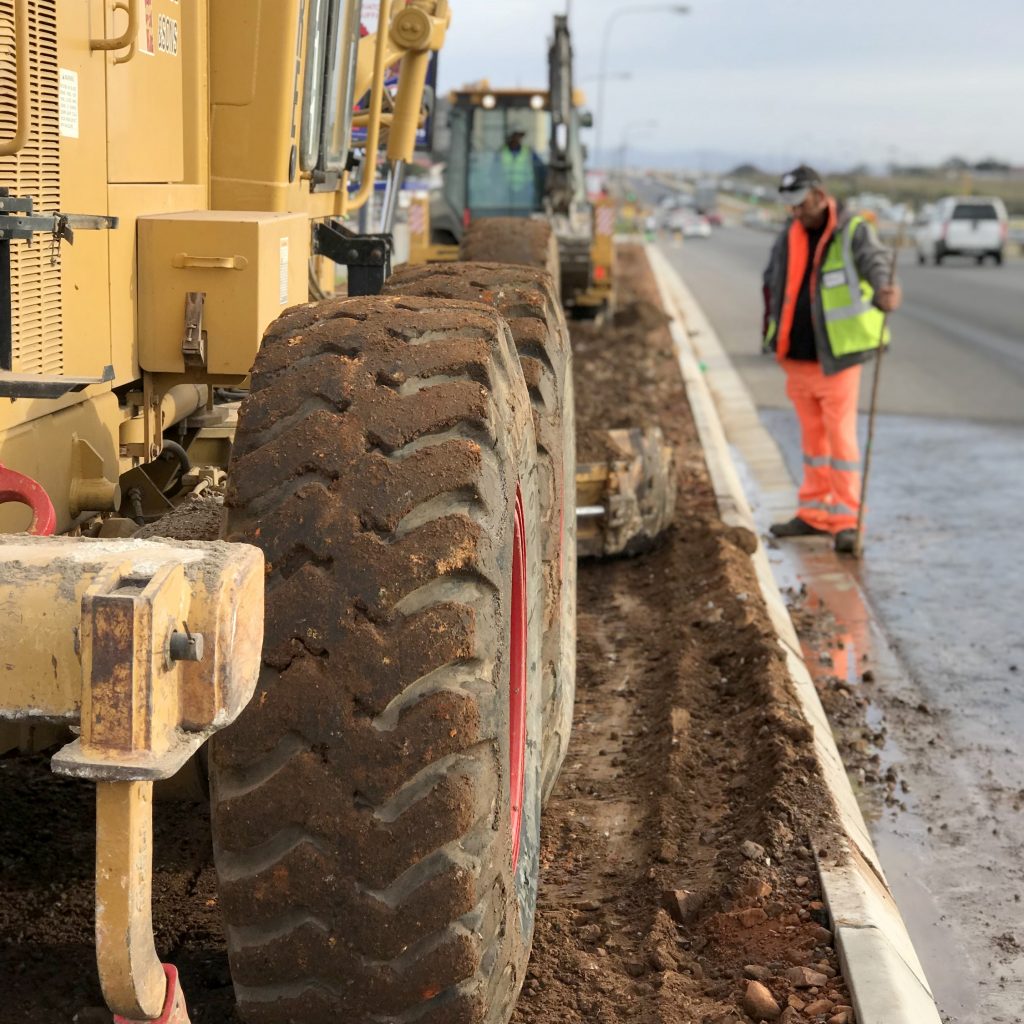
The project, which began in May 2017, includes the implementation
of various road safety measures on Section 1 – a 13-km stretch – of this well-used
national route. According to South African National Roads Agency SOC Limited
(SANRAL), between 6,100 and 7,100 vehicles travel northbound on this route each
day, including about 500 trucks. At the same time, over 4,500 pedestrians use
the road, almost half those being children. Previously, the road had some of
the highest pedestrian accident numbers in the Eastern Cape.
Concor Infrastructure’s site agent, Roy van Leeve, says there will be some 70 to 80 small targeted enterprises working on the contract over its duration. Among the sub-contracting opportunities from the project have been relocating and installing traffic signals, accommodating traffic, constructing lane widenings, installing sub-soil drains, guardrails, gabions, precast retaining walls and anti-climb fencing.

“Targeted enterprises have also been engaged to provide concrete
linings for open drains in the road median, and for concrete palisades,
concrete-surfaced sidewalks, road markings and road studs,” Van Leeve says.
He highlights the support structures that Concor
Infrastructure puts in place to transfer skills to the targeted enterprises.
These assist the small contractors in building their capacity to become sustainable
businesses.
“Our engineers on site have each been allocated a number of
targeted enterprises to supervise and mentor,” he says. “Many of the newer
subcontractors have not had to operate on our level of professionalism before,
so they undergo a considerable learning curve when dealing with quality systems,
or health and safety. We work with them to put various systems in place in
their own businesses, so that they are able to operate more independently when
they move off site.”
Each of the small targeted enterprises receives hazard identification and risk assessment (HIRA) training, as well as training on construction regulations and legal liability which they can apply to their own business operations. The mentoring role includes training the targeted enterprises in planning of activities, in generating daily costings and procuring their materials.
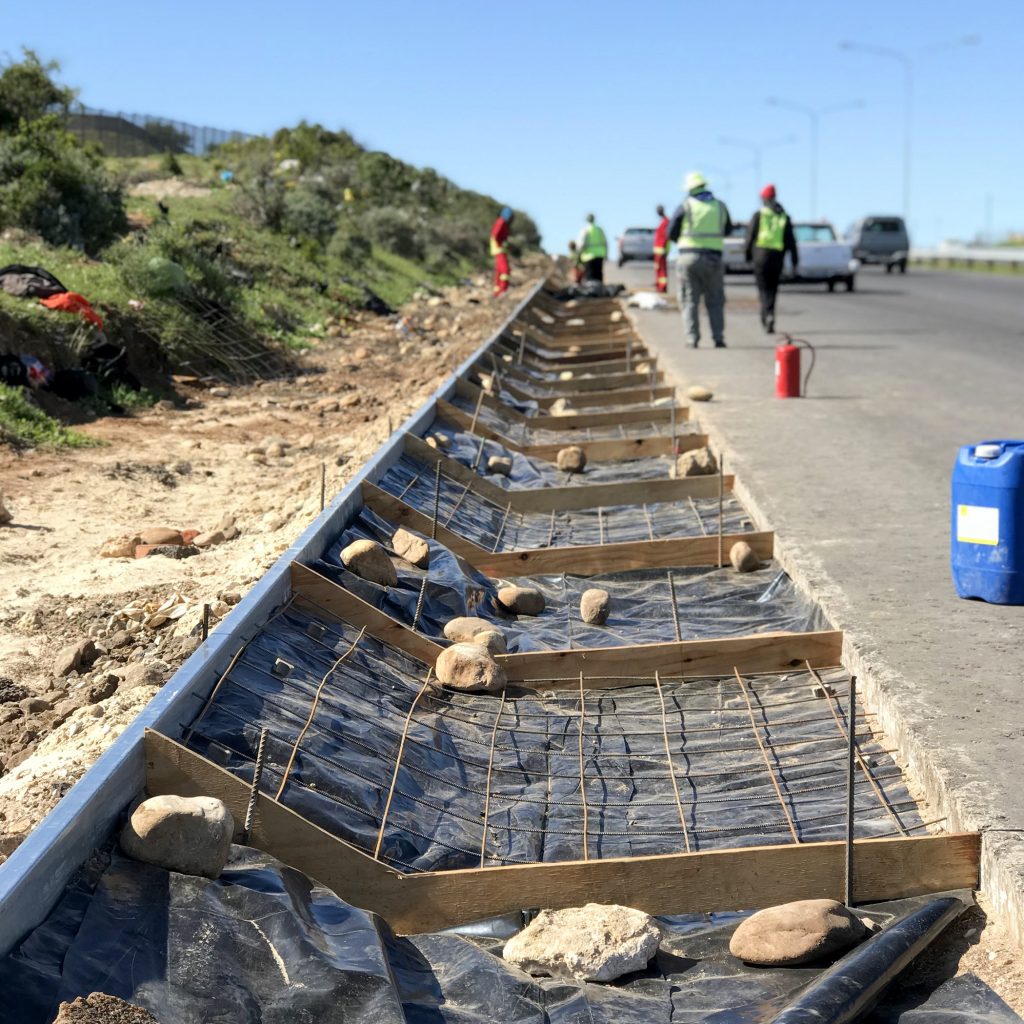
Another important aspect of each targeted enterprise’s development
is that they will invariably leave the contract with a higher Construction
Industry Development Board (CIDB) grading than they were on when they started
work on the project.
“If a sub-contractor with a Level 2 CIDB grading gets work
with us, the contract is set up so that they will progress to a Level 3 grading
by the time they complete their work here,” he says. “This is all part of the
major developmental agenda that is in place on this project.”
Another important aspect of the work that will benefit these
enterprises is the street lighting component, which is rolling out new street lights
along the full length of the rehabilitated roadway. This involves the
installation of about 25 km of electrical cabling, which will be encased in
concrete.
“This activity has been set aside for women labour,
including the complete trench excavations as well as the encasement and
backfilling,” Van Leeve says.
Thirty percent of the value of sub-contracted work is being
directed to targeted enterprises, he says, with about a third of that going to
women-owned businesses and a similar portion to youth-owned businesses.
As part of the local empowerment focus of the project, labour
was recruited from the nearby residential wards to ensure that employment and
skills training benefits were shared with local communities.
The current phase of the contract is due for completion in
2019.
Key project
facts
By completion, Concor Infrastructure’s rehabilitation on
this section of the R75 will have involved 15,000 m3 of fill, from
both commercial sources and from bulk excavations on site.
A cement-stabilised sub-base layer – amounting to 56,000 m3
in volume – was applied to sections of the road, consuming 2,600 tonnes of AfriSam
Roadstab. For the surfacing, about 93,000 tonnes of asphalt is being supplied
by a Port Elizabeth-based supplier.
Some 16,000 m3 of concrete will be used by the
end of the project, for installations including 17 linear kilometres of
concrete sidewalks and 7 km of concrete-lined drains in the median. The project
also involves 4,4 km of subsoil drains and 4,4 km of concrete-lined side drains.
As an important part of the safety-enhancing features of
the work, there will be 45 km of guardrails and 18 km of anti-climb fencing along
the route.
Concor Infrastructure’s commitment to safety is reflected
by the achievement of 550,000 Lost Time Injury Free (LTIF) hours by the end of September
2018. High-quality work is ensured by close monitoring and supervision, carried
out through daily inspections and weekly audits. This has led to consistent client
audit results on site of between 96 and 98%.
Ongoing skills development includes the opportunity for 10 civil
engineering students to gain work experience on site, benefiting from the
mentorship of Concor Infrastructure engineers while undergoing experiential
learning in fields such as construction management and survey.
More information from
Concor Infrastructure, Tel: +27(0)11 590 5500 / email: i[email protected] / www.concor.co.za

